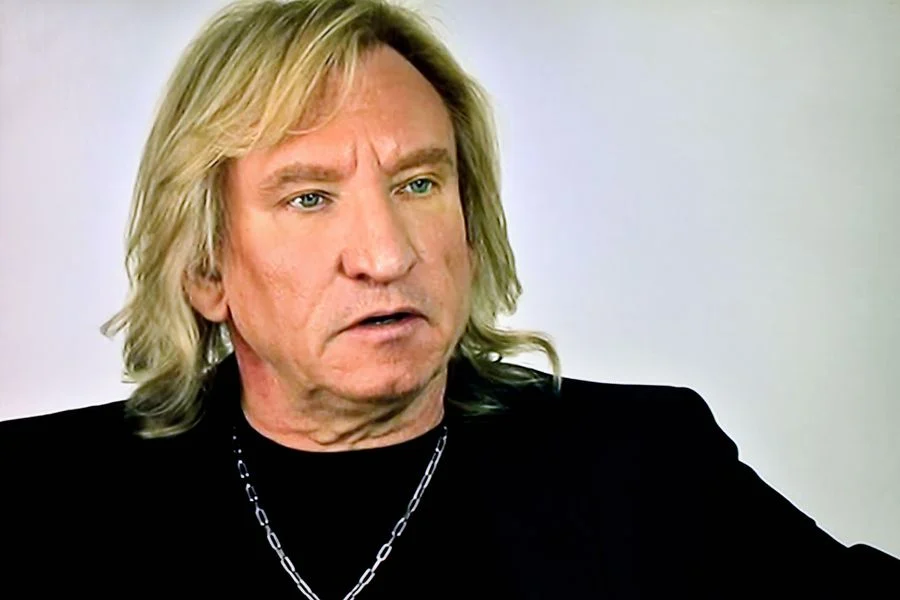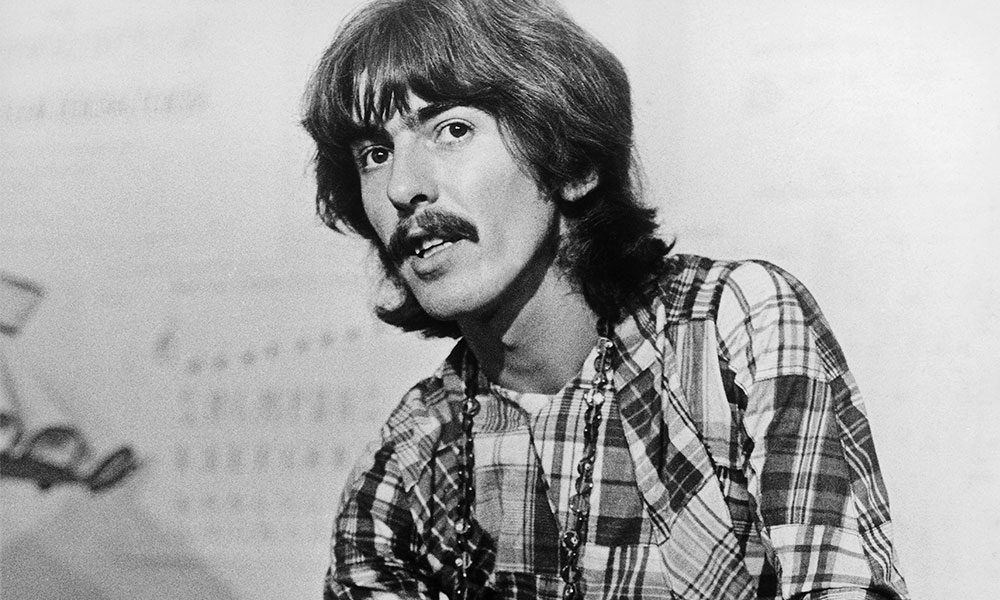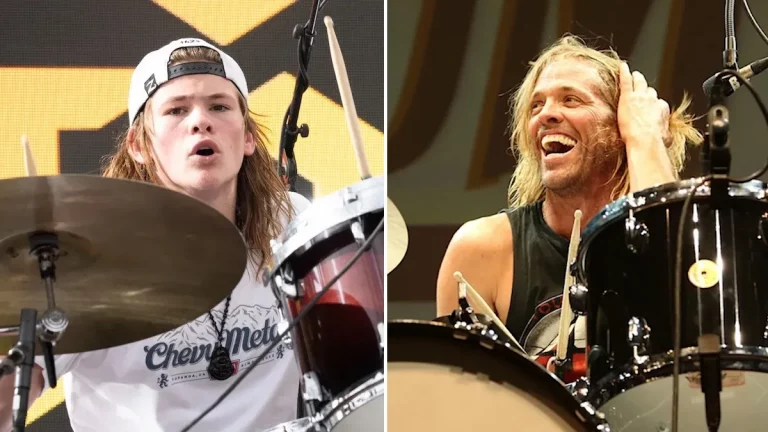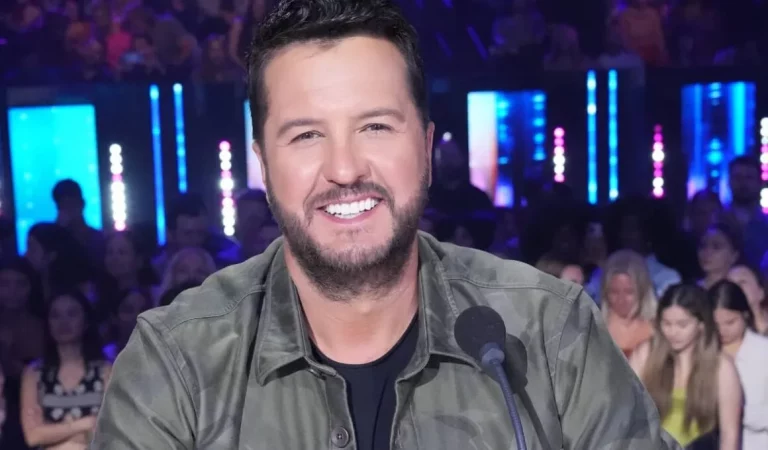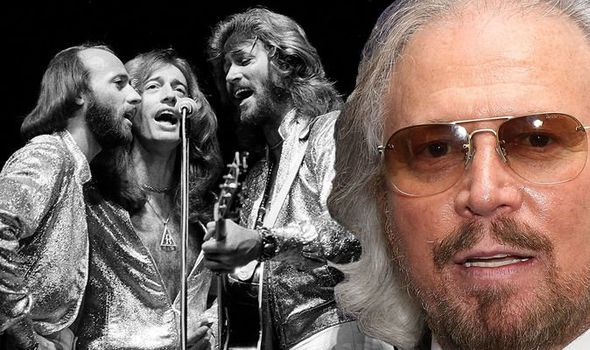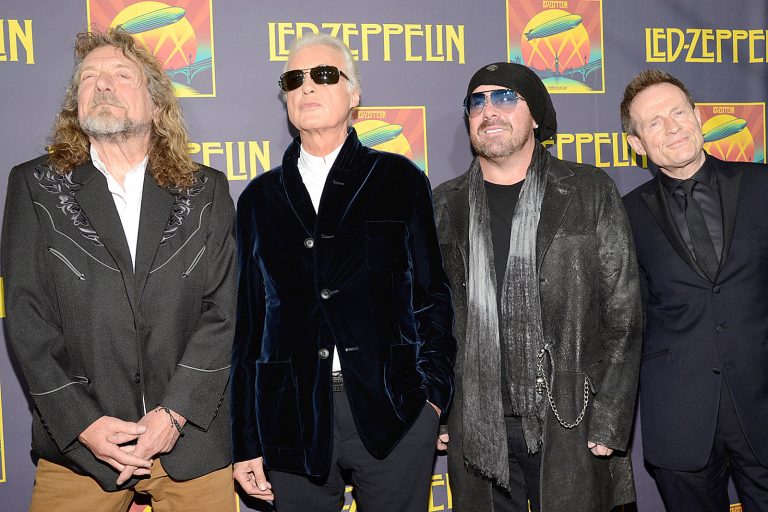Some concerts entertain — others ignite. On one unforgettable night in 2016, Dallas became ground zero for a rock and roll detonation, courtesy of Joe Walsh and company. With his trademark sly grin, razor-sharp slide guitar, and an entire career’s worth of attitude strapped to his shoulders, Walsh didn’t just play a show — he unleashed a reckoning.
Sharing the stage with seasoned partners Waddy Wachtel and Joe Vitale, Walsh led a sonic charge that felt less like a trip down memory lane and more like a resurrection. And when they launched into “The Bomber,” it was clear: this wasn’t nostalgia — this was raw, undiluted power.
First appearing in 1970 on James Gang Rides Again, “The Bomber” isn’t your typical rock track. It’s part assault, part symphony — a daring medley that throws together thunderous riffs, a swirling homage to Ravel’s “Boléro,” and a cool detour into “Cast Your Fate to the Wind.” In its day, it pushed boundaries. In Dallas, it shattered expectations.
What could’ve been a simple callback to a classic instead felt immediate — vital, even. The crowd wasn’t just along for the ride. They were caught in it — from the first chord to the final explosion.
“The Bomber” hits differently live. Maybe it’s the scale, maybe it’s the audacity — or maybe it’s the undeniable energy of a band that knows what it’s doing and why it’s doing it. In a set stacked with anthems like “Life’s Been Good” and “Walk Away,” this wasn’t just a fan favorite — it was the crown jewel.
The beauty of this performance wasn’t just technical brilliance. It was that intangible electricity — the kind that made you forget the year, the decade, maybe even your own age. When Walsh locked in with the crowd, there was no past or present — just the moment, loud and alive.
If the tour name, “One Hell of a Night,” sounded ambitious, Walsh made good on every syllable. Dallas didn’t just get a concert — it got a statement. “The Bomber” wasn’t trotted out like a relic. It was fired like a weapon, aimed straight at the heart of anyone who’s ever said rock is dead.
And if you were lucky enough to be there that night, you know — rock isn’t dead.
It’s just waiting for someone like Joe Walsh to kick the door down and remind us how alive it still is.

